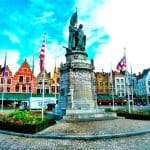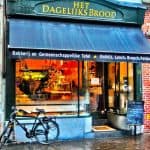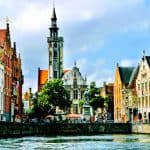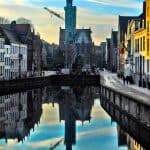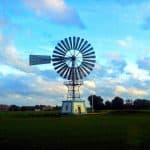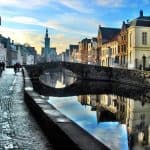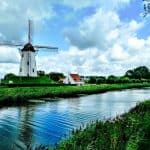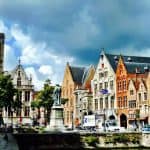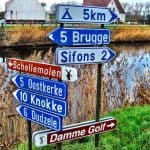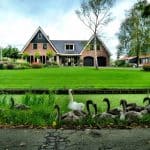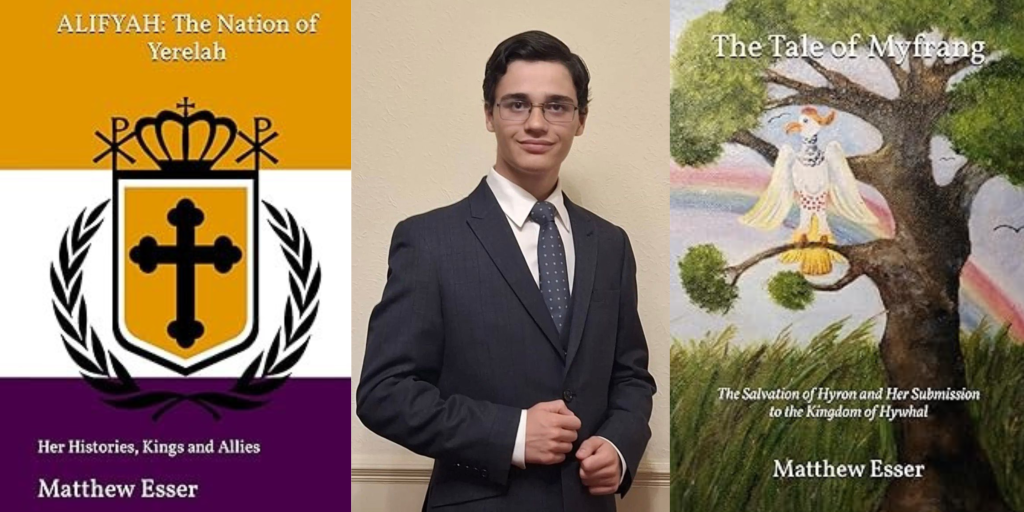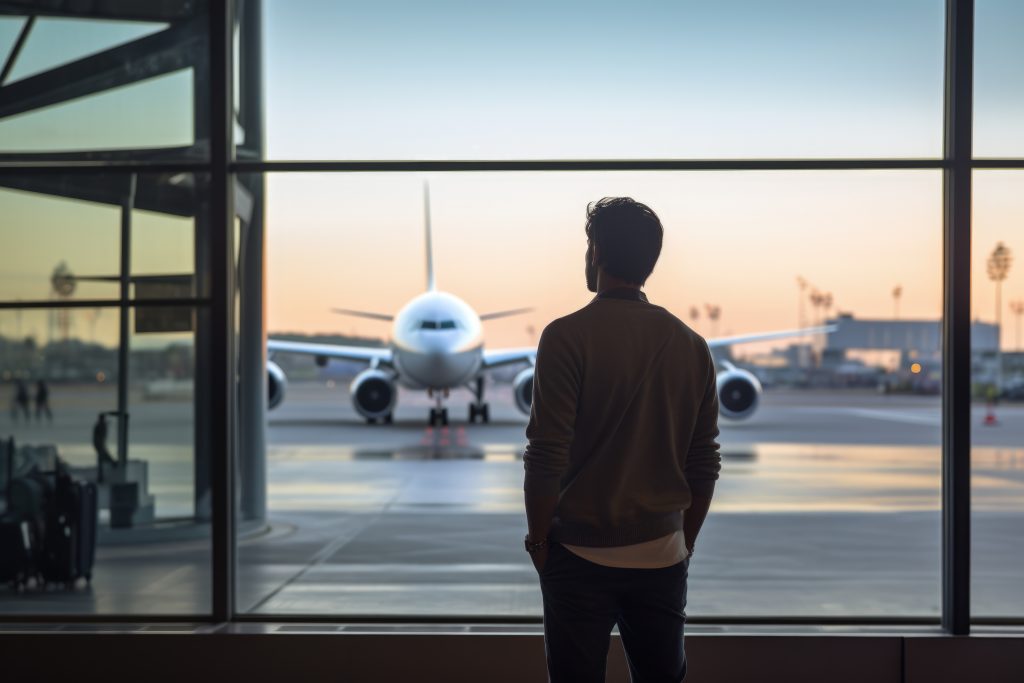Before I settled here in the Wild East I resided in Her Majesty’s capital for 15 years. And let’s not beat about the bush – London did have its quota disadvantages. It was crowded, the air was always the colour of a day-old bruise and on top of that the location swarmed of Englishmen.
But not everything was always bad. Once or twice the Springbok Nude Girls and Karen Zoid entertained us there, the pounds I earned were not at all to be sneezed at, and some years, when we were very lucky, the British summer came on a Saturday.
However, the biggest advantage of my London adventure was that my emigrant existence enabled me to travel. And I travelled a lot! During that decade and a half, I visited almost every country in Europe – from Spain, Sweden and Switzerland to Germany, Denmark and the Czech Republic. Today it is almost impossible to single out a specific country as my favourite because the entire continent lies close to my heart. There is, however, a tiny country at the western horizon of Europe of which I could never get enough. At 120 km/h it takes less than two hours to traverse this unsung statelet. But, unlike its place on the world map, this piece of land is of great stature.
There are many things in Belgium that fascinate me. For a self-confessed chocoholic, Belgian chocolate on its own is enough reason to return again and again. Not to mention the legendary Belgian beer. When you visit a restaurant, they bring you a beer menu as thick as the Bible that describes the beer as if it were expensive selected wines!
As history enthusiast, I cherish my visits to Waterloo and the First World War trenches; I retrieve it from my memory bank every once in a while and dust it with great pleasure. And on top of that, Hergé, the creator of my comic book hero Tintin, is also of Belgian origin.
But a big part of my heart really lies in the north-western corner of Belgium in the provinces of Flanders. Without thinking about the reasons too much, I was on my way to this well acquainted little place in a foreign country every few months. However, during my last visit I saw the light; I finally knew why I always felt so at home in Flanders.
It started the first morning when we sat down for breakfast at our guesthouse with the cute name “De Weide Wereld”. I was nibbling at a crispy wafer, still half asleep, when the unmistakable piano notes of Johannes Kerkorrel’s “Sit dit af” started flowing from the speakers in the dining room. Our host, Jan, responded casually to my obviously surprised facial expression: “Oh, I love Johannes. I even attended his show here in Bruges.” We had a long, meaningful discussion about Kerkorrel’s tragic death and the general state of contemporary Afrikaans music. This was impression number one.
Later that same day, my better half and I bandied words at a market stall in Bruges about what dried fruit we should buy. Intrigued by our language, the owner asked with a friendly frown between his eyes, “Do you speak Flemish?” I graciously replied, “No, Afrikaans.” My words were greeted with a wider than wide smile and the dry fruit seller tried to adapt his Flemish pronunciation as much as possible to try and serve us in our language. This was impression number two.
During breakfast on our last morning I told my friend Jan that I felt really sad because I must leave this piece of heaven once again. For a few seconds, he watched me sideways with a cheeky smile on his lips. His smile soon developed into a mischievous giggle, and then he suddenly started singing, “… o moenie huil nie, o moenie treur nie …” and the rest of “Bobbejaan klim die berg”. While I tried to close my surprised mouth, he told us that they sang it as kids in school! “And tell me,” he put the icing on the cake, “who was Sarie Marais?” This was impression number three.
The reason why Flanders is always so heart-warming is that it is a place where people welcome my language with open arms. There is no stigma to Afrikaans and it has no unwanted baggage. For the Flemings is it simply a language – a modern, pragmatic, familiar language. So different from South Africa, where some Afrikaans speakers are often ashamed of their language. Where two Afrikaans speakers, without any good reason, sometimes communicate in English with each other.
It may not happen in my lifetime, but I do hope that the day will come when all Afrikaans speaking South Africans will freely speak Afrikaans, without feeling self-conscious about what it supposedly will reveal about them – just as in guest houses and marketplaces in Flanders.
Please visit Fanie’s website, Fanie Os Oppie Jas, and his Facebook page, Fanie Os Oppie Jas: howzit my China.
Also Read: Fanie who?
Share on
Latest articles




